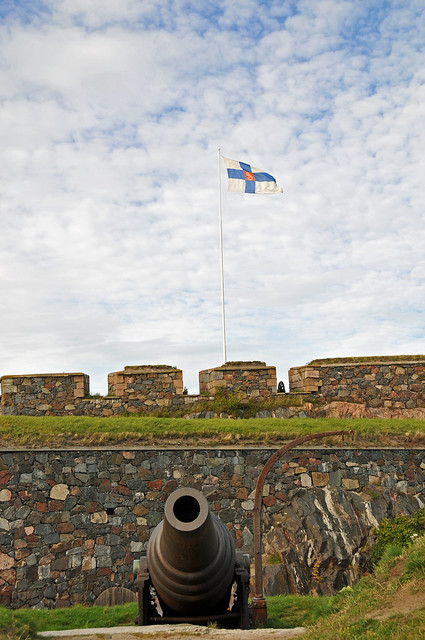Letter from La Vigie, dated 10th July 2024

The dilaborescence of organisations
Talking about organisation can be ambiguous, because it suggests that the organisation is itself organised. Recent French examples (Atos, dissolution) show that this is not always the case. Organisations, like civilisations, are mortal (and isn’t a civilisation also a form of organisation?). Some, however, adopt an astonishing behaviour, that of dilaborescence, which is decomposition in small steps.
To read the article, click here
Scotland, reunited or disunited?
The British elections on 4 July saw a radical change in Scottish representation, with the pro-independence party giving way to Labour. This is an opportunity to take a closer look at the region and the lessons to be learned from this vote.
To read the article, click here
Lorgnette: 75 years
The Atlantic Alliance summit which opens this Wednesday in Washington will, as usual, be presented as a success. Such is the law of the genre, for a NATO summit is a rite whose liturgy serves first and foremost to celebrate an act of faith: that of Article 5 and therefore of collective defence, of “one for all and all for one”, of transatlantic solidarity.
As usual, the declaration will be read carefully by the experts, who will be examining two issues: firstly, the Ukrainian question: Kiev must join the Alliance, of course, but by a bridge (the long view of the Americans or the Germans) or a road (the short view of many Europeans, including France)? Given the political weight of each, it will be a “bridge”.
Secondly, the American question. The Alliance only makes sense if Washington plays ball. Celebrating the 75th anniversary of the treaty in Washington is also part of a staged event, this time a domestic political one: J. Biden is in difficulty in his election campaign and all the allies fear the return of D. Trump, who would block the Alliance even more than he did. In the birthday photos, the smiles will be tense.
JOVPN
Subscribers: click directly on the links to read online or download the pdf issue (here), always with your login/password. New readers: read the article by issue, by clicking on each article (€2.5), or subscribe (discovery subscription €17, annual subscription €70, orga. subscription €300 excl. tax): here, the different options.
Photo credit: Jeff-Photo on VisualHunt.com

